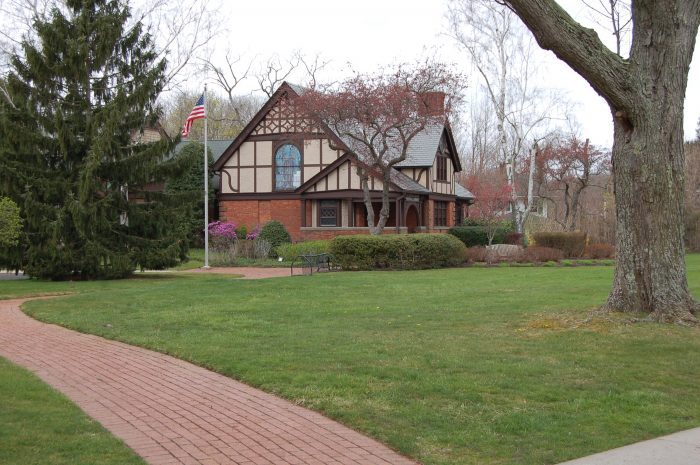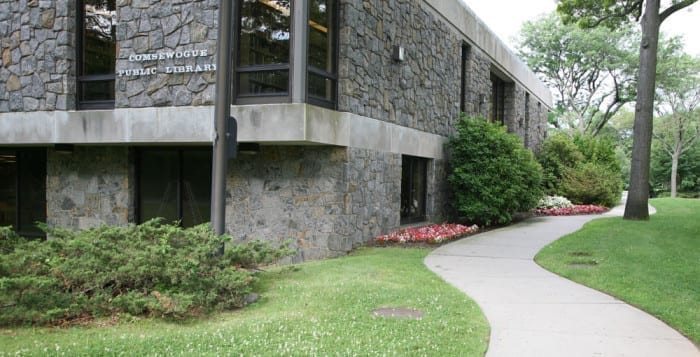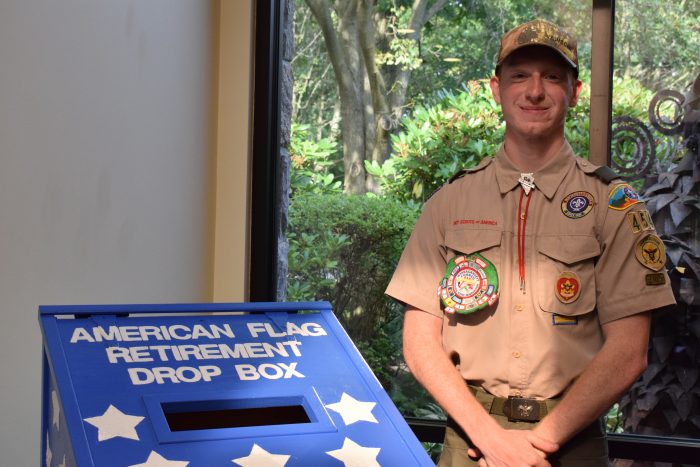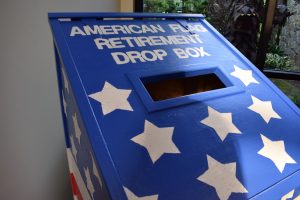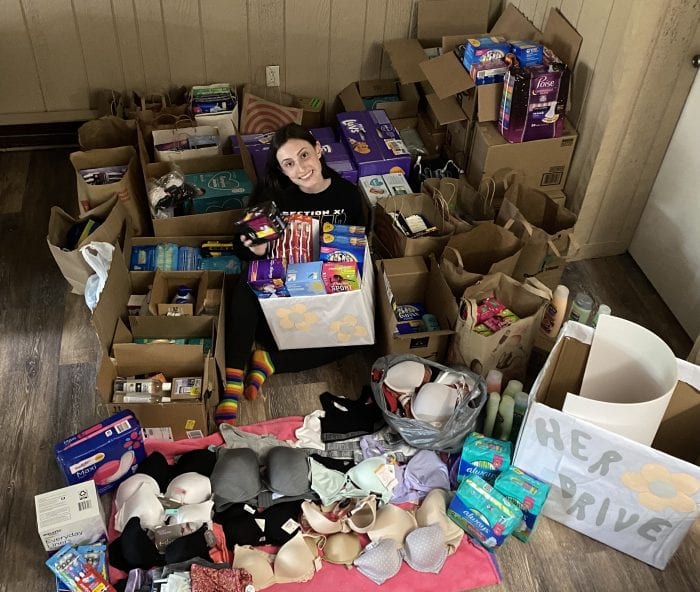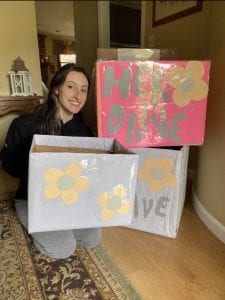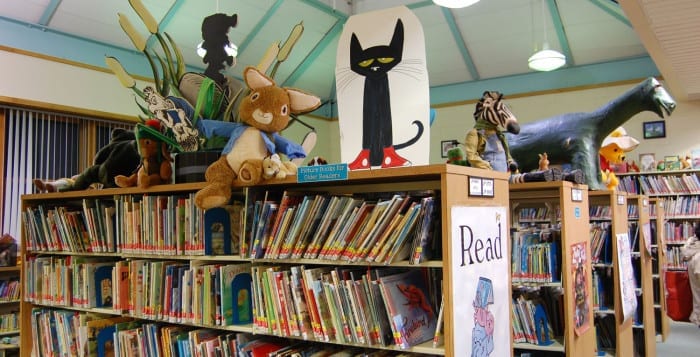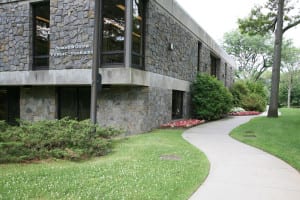Despite Americans across the nation challenging librarians for their material choices, Suffolk County libraries have dealt with few issues.
According to the recent The New York Times article, “With Rising Book Bans, Librarians Have Come Under Attack,” librarians across the U.S. have found themselves on the front lines of book banning movements, often criticized publicly or on social media. Some have even quit their jobs or have been fired over debates about removing books from a library’s shelves.
A controversy involving a library on the North Shore of Suffolk County recently revolved around a Pride Month display, which included books, in the children’s sections in The Smithtown Library branches. On June 21, the library board trustees voted 4-2, with one member absent, to remove pride displays, which included signs and books, in the children’s sections in its Smithtown, Commack, Kings Park and Nesconset branches. According to a couple of trustees, they voted to remove the displays due to patrons coming to them complaining about particular items. Two days later, the board held an emergency meeting and reversed its decision, again 4-2, with one board member abstaining.
The reversal came after criticism on social media from the community, Gov. Kathy Hochul (D) and the New York Library Association. The board also received hundreds of emails after their initial decision.
The Suffolk Cooperative Library System is an association that helps public libraries in the county provide traditional and innovative service to their patrons.
Derek Ivie, SCLS youth services coordinator, said to his knowledge the libraries which are part of the local system have not received as many challenges about books as many in the nation have faced, especially regarding LGBTQ+ and social justice materials.
“Nationally it’s definitely a different story, and I would even say in other parts of New York state, it’s a different story,” Ivie said. “I have colleagues in other systems in New York who have shared stories where they are having patrons come in and complain about specific books. So, while it’s not happening locally, it is something that is happening in places around our county.”
Ted Gutmann said in his more than 10 years as library director of Emma S. Clark Memorial Library in Setauket, he is only aware of a handful of complaints about books or other materials during his tenure. He said the reasons and topics of the material vary. The director said the most recent criticism he can remember was about a video in the adult section.
Debra Engelhardt, Comsewogue Public Library director, said during her decade as director, she has not had a patron fill out the paperwork needed to place a complaint about library material or displays. Like many other libraries, a form can be found on the library’s website. She said people sometimes comment or ask employees questions face to face about different displays featured during the year.
“Some of them are a little more negative and some of them are more positive, but with every one, we have the opportunity to have a conversation with a community member and help them to better understand why we’re here and what we do,” Engelhardt said.
Training and choosing
Ivie said while patrons may find library pages, clerks or employees training to be a librarian who don’t currently hold a specific degree, for the most part, when a staff member holds the title of librarian, they have earned a master’s of library sciences.
He said most libraries have selection or collection policies that outline how books should be chosen. These policies can be found on most libraries’ websites. He said librarians also take into consideration reviews and patrons’ requests. Ivie added the reviews are by peers throughout the world.
“Trust the experts that are sitting in your libraries,” he said. “They have done training. They’re reading the literature itself. They’re reading the reviews. They know what they’re doing. They know the needs of a community and the people who are walking through their doors.”
Engelhardt said she feels that librarians should be celebrated, and that a library’s impact on a community is immeasurable. She described a library as a safety net as it provides an opportunity for community members to learn about whatever they wish, and many in a community may feel seen because of a book or library display.
“Our job as a public library is that we present an all-inclusive service program,” Engelhardt said. “We’re always touting the fact that everyone is welcome, and everyone is respected. It’s a safe space to learn to grow.”
Gutmann applauded librarians.
“We serve everybody from children to adults, and there’s a wide range, a multitude of subjects and viewpoints historically and otherwise represented in the collections,” he said. “That’s what our public libraries are for. I think our librarians do a great job at maintaining those collections.”

